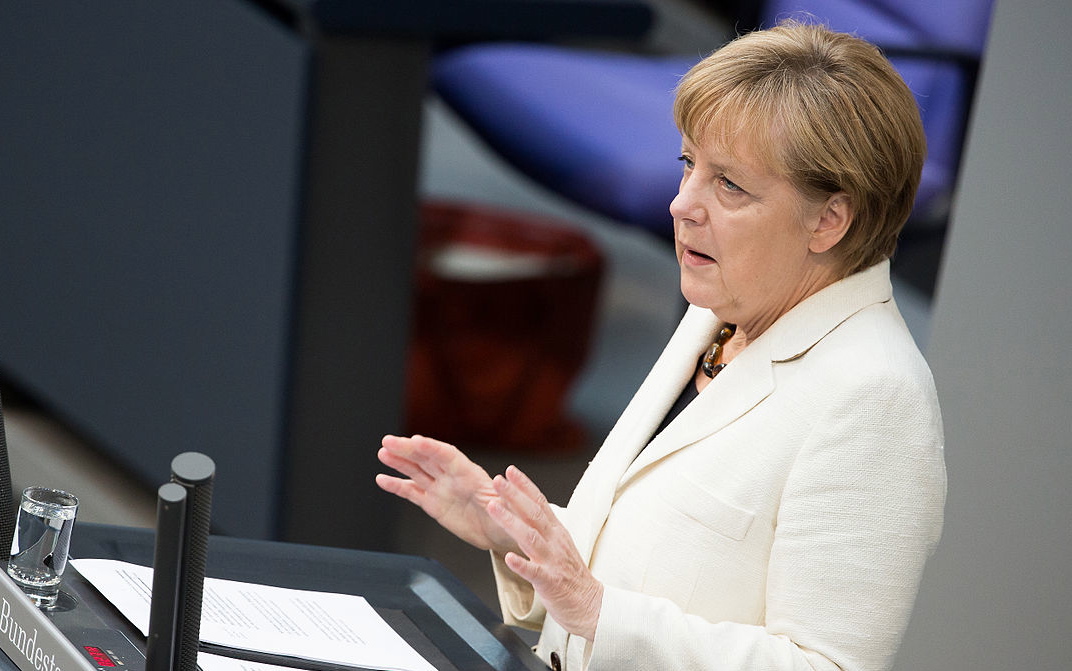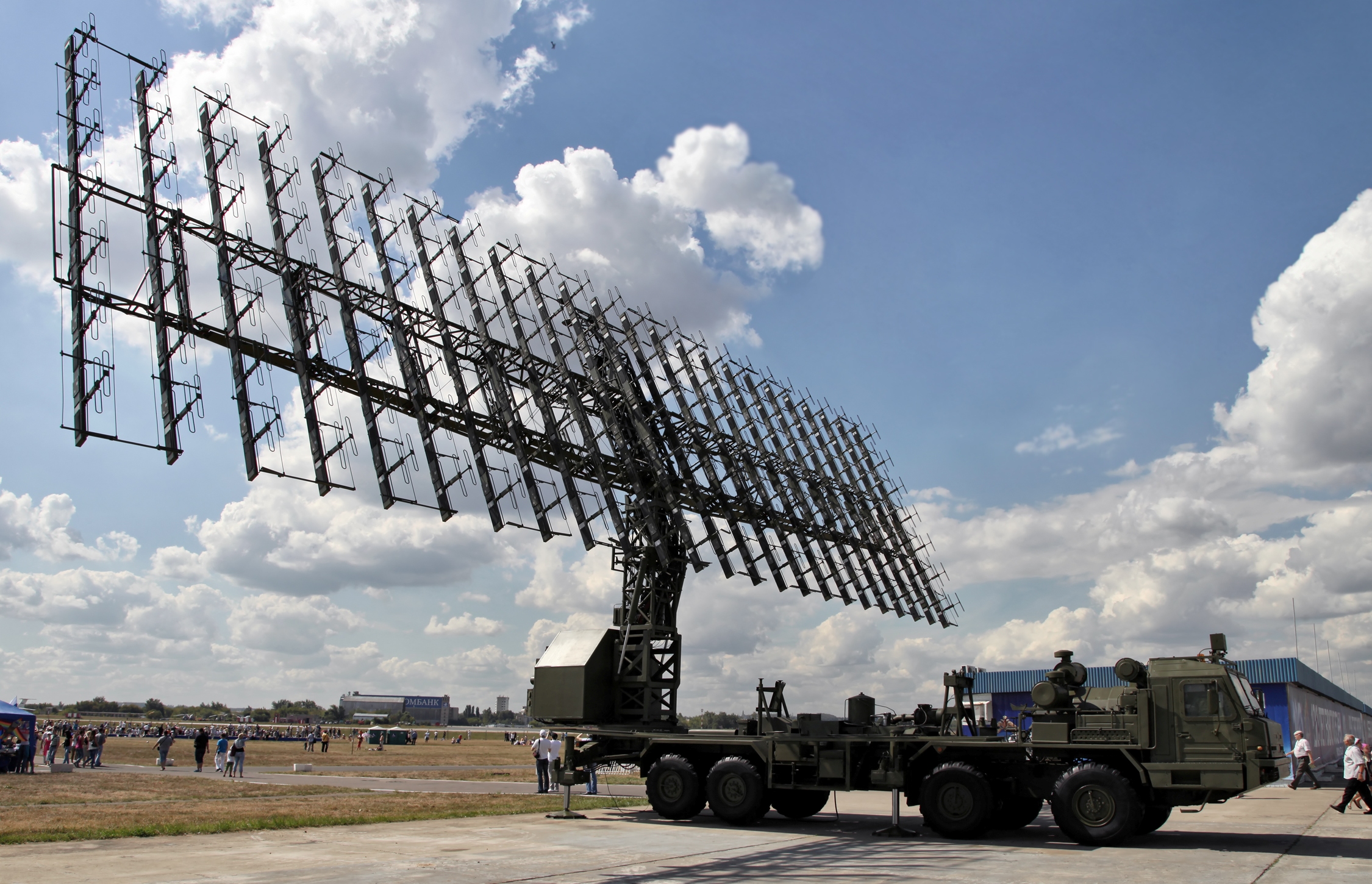Starting in the summer of 2013, former American security contractor Edward Snowden began exposing many of the sensitive inner workings of the United States intelligence community. In the documents he provided to journalists around the world, the scope of the US Government’s electronic surveillance activities slowly began to emerge. The Snowden leaks not only started a fierce public debate about the balance between privacy and security, but also had tremendous diplomatic repercussions for the American government. In the months that followed Snowden’s initial leaks, prominent media organizations around the world began to report on foreign cooperation with the National Security Agency. According to a number of different news reports, France, Sweden, the Netherlands, Canada, Germany, Australia and the United Kingdom had all provided raw data or specific intelligence to the National Security Agency at some point.
In October 2013, a prominent German news publication Der Spiegel revealed new information about the National Security Agency’s operations. The magazine reported that according to files provided by Edward Snowden, the NSA had hacked German Chancellor Angela Merkel’s phone and been actively monitoring her communications for years. The announcement outraged not only the German government, but also opposition parties. Several prominent German officials described the NSA’s eavesdropping on Chancellor Merkel as one of the lowest points in diplomatic relations between the two countries in over a decade. The situation was further worsened by the U.S. Government’s lack of interest in a German no-spy agreement. Politicians across the political spectrum in the European Parliament also condemned the NSA’s surveillance of Merkel and expressed concern about NSA activities not only in Germany, but Europe as a whole.
Chancellor Merkel made it clear that trust, a foundation of the German-U.S. alliance, had been badly damaged by the NSA revelations. The hacking of Merkel’s phone also shook much of Europe’s confidence in the United States, particularly in the area of intelligence sharing and cooperation on security issues. The whole situation put Chancellor Merkel and the German government in a difficult position. On one hand, the Germans wanted to express their sense of anger at the NSA’s egregious violation of their national leader’s privacy. Merkel and the government as a whole were also aware of the political pressures to take a strong stance and condemn the actions of the United States. On the other hand, as Der Spiegel pointed out, the German government did not want the whole crisis to critically damage its relationship with the United States. A stable relationship was critical for Germany’s export-based economy and large potential markets in America. As Der Spiegel noted, Chancellor Merkel had to occupy a pragmatic, middle ground: expressing enough frustration to motivate change in Washington, while not damaging the diplomatic relationship any more than necessary.
In mid-January 2014, President Obama announced a plan to reform the U.S. Government’s intelligence activities, particularly those of the National Security Agency. According to an NBC News report from January 16, the President discussed the important role of Congress in developing new protocols for the use of metadata (a term for details about an electronic communication’s date, time, sender and receiver). In addition, the President also mentioned the need for greater legal oversight of the National Security Agency’s data collection program. According to NBC News, President Obama’s announcement was the result not only of pressure from domestic critics, but also the pressure of foreign allies. NBC News also pointed out that any reforms would need to address better protections of the privacy of non-citizens, which would be essential for restoring trust with European leaders.
The uproar over the NSA’s surveillance of Chancellor Merkel raises another important insight. The Edward Snowden leaks demonstrated the need to balance potential intelligence opportunities against the diplomatic repercussions if the other country were to ever find out. In other words, intelligence operations need to go through a cost-benefit analysis that examines the broader strategic picture. Some level of intelligence collection will always be necessary. Security intelligence, for example, is essential for minimizing dangerous threats to national security. The debate over intelligence collection is not an either-or question. Rather, it is an issue of nuance. Senior decision-makers are responsible for creating organizational cultures within intelligence agencies. They develop not only legislation regarding mandates and limits, but also shape the collective assumptions that guide operatives in the field.




